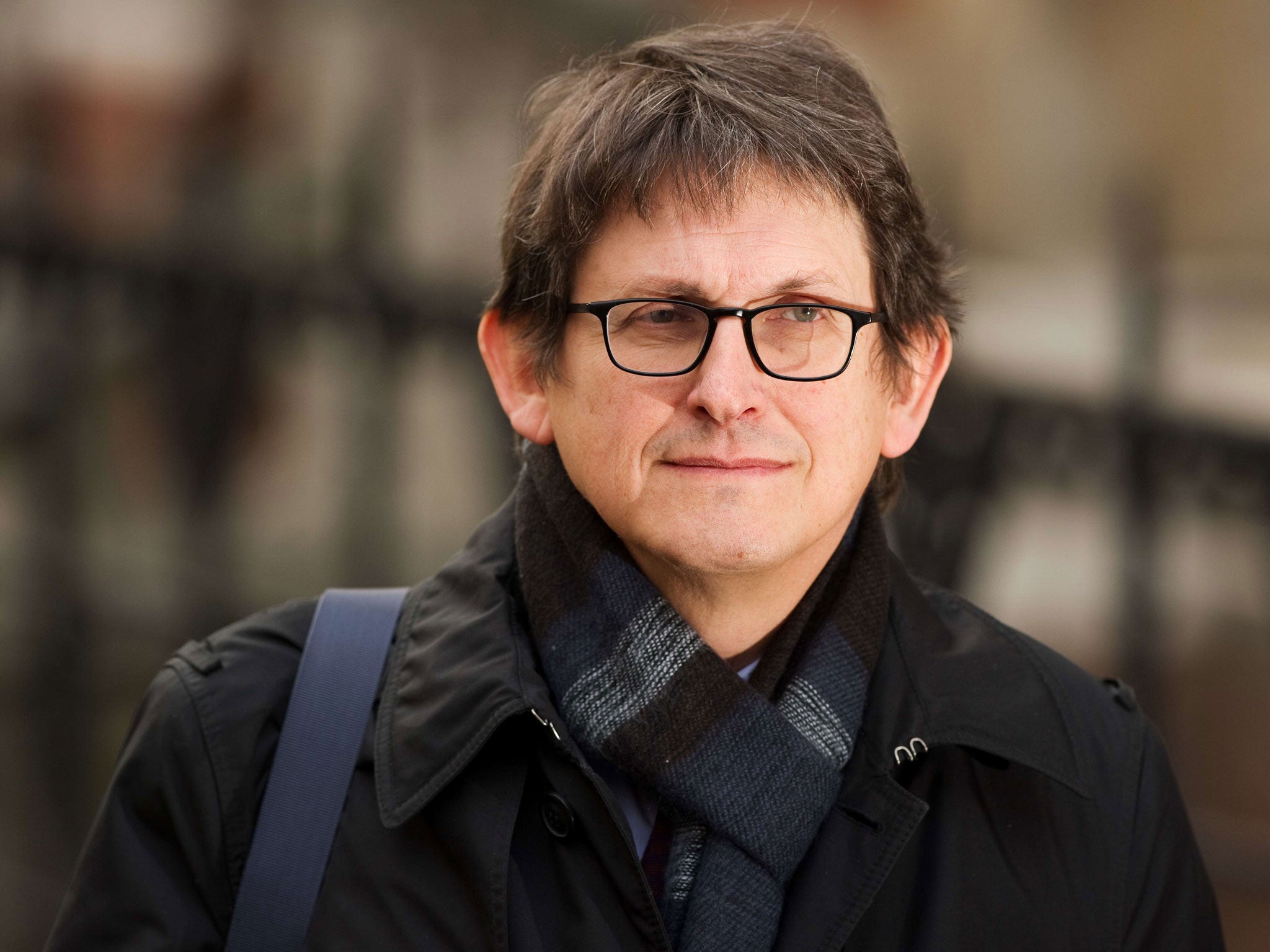Guardian editor Alan Rusbridger to face MPs over Edward Snowden intelligence leaks
Editor to appear before Commons home affairs select committee following warnings from British security chiefs that revelations were damaging national security

Your support helps us to tell the story
From reproductive rights to climate change to Big Tech, The Independent is on the ground when the story is developing. Whether it's investigating the financials of Elon Musk's pro-Trump PAC or producing our latest documentary, 'The A Word', which shines a light on the American women fighting for reproductive rights, we know how important it is to parse out the facts from the messaging.
At such a critical moment in US history, we need reporters on the ground. Your donation allows us to keep sending journalists to speak to both sides of the story.
The Independent is trusted by Americans across the entire political spectrum. And unlike many other quality news outlets, we choose not to lock Americans out of our reporting and analysis with paywalls. We believe quality journalism should be available to everyone, paid for by those who can afford it.
Your support makes all the difference.MPs are to question the editor of the Guardian about the publication of secret files leaked by Edward Snowden.
Secret service chiefs have claimed the leaks damaged Britain’s ability to foil plots because terrorists have changed the way they operate after learning how to thwart eavesdropping.
Alan Rusbridger, the editor of the Guardian, has now been asked to appear before the House of Commons’ Home Affairs Select Committee next month.
A spokeswoman for the newspaper said: "Alan has been invited to give evidence to the home affairs select committee and looks forward to appearing next month."
It was also revealed last night that two Conservative MPs have accused the newspaper of damaging Britain’s national security by its reporting of Snowden’s leaks.
Julian Smith and Stephen Phillips have now written to Mr Rusbridger demanding to be told if anyone at the paper had "directed, permitted, facilitated or acquiesced" in the transfer of the files obtained by Mr Snowden to anyone in the USA or elsewhere.
They also called on him to acknowledge the damage done to Britain’s security by the publication of the leaked material and said a letter written by Mr Rusbridger “signally fails” to answer two points put to him by 28 Tory MPs.
"First, it fails to acknowledge the devastating assessment of the damage done to the national security of the United Kingdom by the Guardian's reporting of the Snowden leaks, as yesterday outlined by the heads of the three agencies who gave evidence to the Intelligence and Security Committee in Parliament,” they wrote.
"Secondly, it fails to address the question of whether you have acted on every security concern raised by Government and whether the Government has felt that it had adequate time to respond to the matters which you have reported. We would be grateful for further clarification in relation to the second of these in particular."
The letter and the committee appearance follow evidence given in Parliament by the heads of the Secret Intelligence Service, MI6, the Security Service, MI5, and the electronic eavesdropping agency, GCHQ, that terrorist groups have paid heed to the leaks.
Al-Qa'ida, testified MI6 chief Sir John Sawers, are "rubbing their hands with glee" at being told through the leaks what techniques are used to eavesdrop on terror groups.
GCHQ boss Sir Iain Lobban told the intelligence and security committee that since the whistleblower's revelations had been made public, terrorist groups had been found to be discussing in "specific terms" how to avoid communications systems they now considered to be vulnerable.
He said the leaks could help dangerous criminals and even paedophiles avoid detection and had put operations at risk.
Mr Rusbridger has defended the newspaper's role, insisting it was stepping in to provoke a debate about the extent of intelligence activities, which MPs had failed to do.
Join our commenting forum
Join thought-provoking conversations, follow other Independent readers and see their replies
Comments